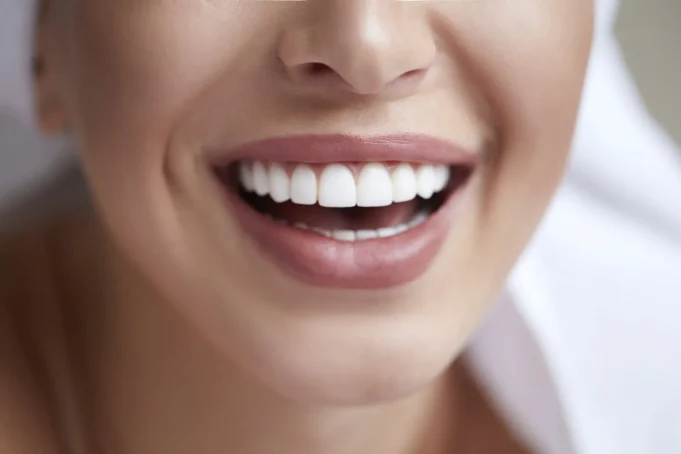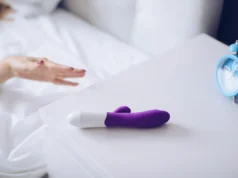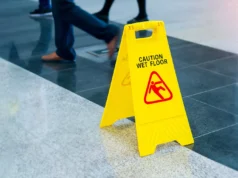Despite following good oral hygiene habits and brushing our teeth regularly, why is it that most of us land up with oral issues? There is no denying that our mouth is the first window to good health as this is where we put in the food required for the good health of the body, and the teeth chew the food before passing it on to the digestive system.
It is not just about eating and chewing food. The teeth maintain the shape of our faces and help us speak fluently. A good-looking smile with a pearly row of teeth can indeed brighten up the day. Keep a teeth whitening kit handy as it can help you maintain that pearly glow of your teeth as mentioned on top10.
It is vital to take good care of teeth and gums to enjoy good oral health and keep away issues like tooth decay, root infection, enamel erosion, sensitive teeth, and bad breath. Give below are some healthy habits to take care of your teeth and gums and keep them strong as you age.
Brush your teeth after every meal
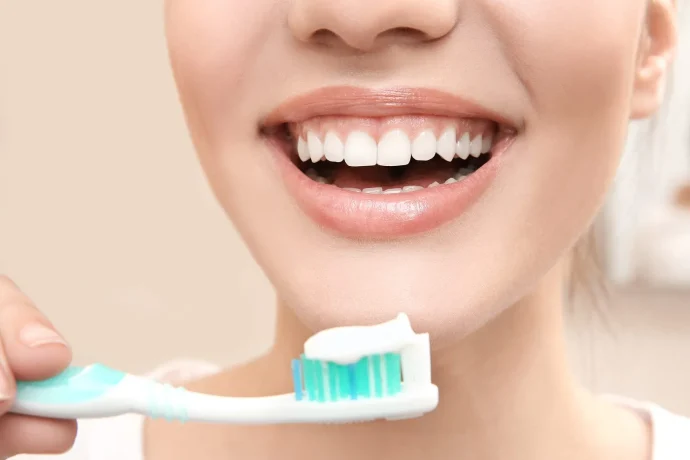
While it is of utmost importance not to go to bed without brushing your teeth, dentists recommend brushing your teeth, if possible, after every meal. Hence, if possible, brush your teeth after breakfast and lunch as well as dinner.
Why: To prevent any buildup of germs and plaque throughout the day. Various food items and drinks especially ones with high sugar content can lead to the growth of oral bacteria that can damage your tooth enamel. Brushing your teeth after a meal can allow you to minimize the risk of bacteria build-up and thereby protecting your tooth enamel.
Brushing properly for at least two minutes
Most people brush their teeth regularly but do so for just a few seconds or less than a minute. As a thumb rule, brush your teeth correctly and at least for two minutes. Poor brushing teeth is almost as bad as not brushing at all. Follow gentle circular motions to remove the plaque that can lead to gum disease.
Why: To remove the hardened plaques and prevent calculus buildup. When you are brushing for at least two minutes you are making sure that you can remove any food and plaque that has stayed on your teeth since the last brushing. With proper tooth brushing, you can ensure that you have invested your time the right way.
Replace your toothbrush regularly
Many people today don’t pay enough attention to the condition of their toothbrushes. Hence, they often use them for more than five to six months. This would mean that the bristles are worn out and therefore not effective in cleaning your teeth.
Why: Like any other product, toothbrushes wear out and need to be replaced every quarter of the year. Hence, you need to look for new toothbrushes that have good quality bristles that are effective in cleaning dental plaque and removing food particles. Using an old worn-out toothbrush can also lead to oral problems like halitosis and bleeding gums and therefore needs to be replaced.
Use good quality fluoride toothpaste
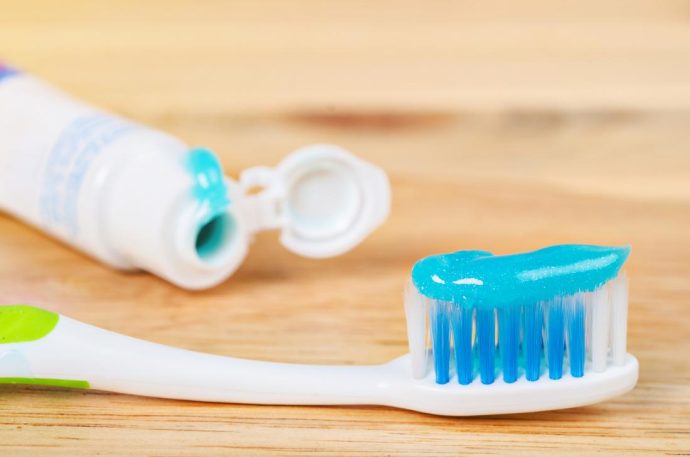
Typically, people don’t pay much attention to the quality of toothpaste they buy and get carried away by misleading advertisements. They think they are buying good toothpaste, but they are not. No matter which kind you buy, make sure that it contains fluoride. Do not just focus on the whitening power and flavors the ad emphasizes. Fluoride-based toothpaste supports defense against tooth decay.
Why: Demineralization is the first stage of tooth decay. Fluoride in your toothpaste helps in reducing the demineralization process. This allows you to have a protective barrier for your teeth. Fluoride also helps in disrupting the plaque and removes any other gum-related bacteria that can lead to mouth disease. Hence, you need to focus on using good quality fluoride toothpaste.
Do not skip mouthwash
If you still don’t have mouthwash in your bathroom, you should go out and buy one. Many people skip mouthwash because they are not very sure how they work and consider them unimportant for oral health. A mouthwash can easily reach those hard-to-brush areas around the gums and serve as a vital tool for oral health.
Why: Mouthwash is necessary to reduce the acid amount in the mouth and re-mineralize the teeth. While most people use mouthwash for eliminating bad breath, the liquid is also used for killing bacteria that thrive between your teeth and tongue. Using mouthwash regular helps in preserving healthy teeth and gums, whitening your teeth and freshening your breath.
Flossing is equally important
Most people have never flossed as they find flossing difficult. Thus, they tend to neglect to floss even if they are brushing regularly. Your oral health and hygiene are not complete without flossing. Flossing once a day is sufficient according to Healthline and can bring significant benefits. Buy ready-to-use flossers from the drugstore and treat flossing as important as brushing.
Why: Removing plaque from below the gum line can be difficult via tooth brushing and therefore you need to floss regularly. This plaque can eventually erode tooth enamel and develop tartar which leads to discoloration. Flossing can also help to minimize the risk of cavities, prevent gingivitis and keep your gums healthy.
Drink water regularly

Staying hydrated is very important and therefore you need to drink plenty of water to provide your body with the right amount of nutrients and minerals. Also, drinking water helps in washing out sticky and acidic food particles from your teeth and gums.
Why: Unlike sugary drinks, water provides you with the right amount of minerals you need to stay hydrated. This also allows you to flush out any sticky food particles or beverages that are stuck to your teeth or between the teeth. Drinking water regularly can also clean the tooth enamel and wash out the acids that can erode the enamel.
Last but not least, keep away from sugary foods, smoking, coffee, tea, and sodas. If you avoid those habits, you are keeping your mouth and teeth away from dental problems and periodontal diseases. Follow a healthy diet with plenty of calcium and consume healthy food products. Visit your dentist every six months for regular checkups on your oral health.

